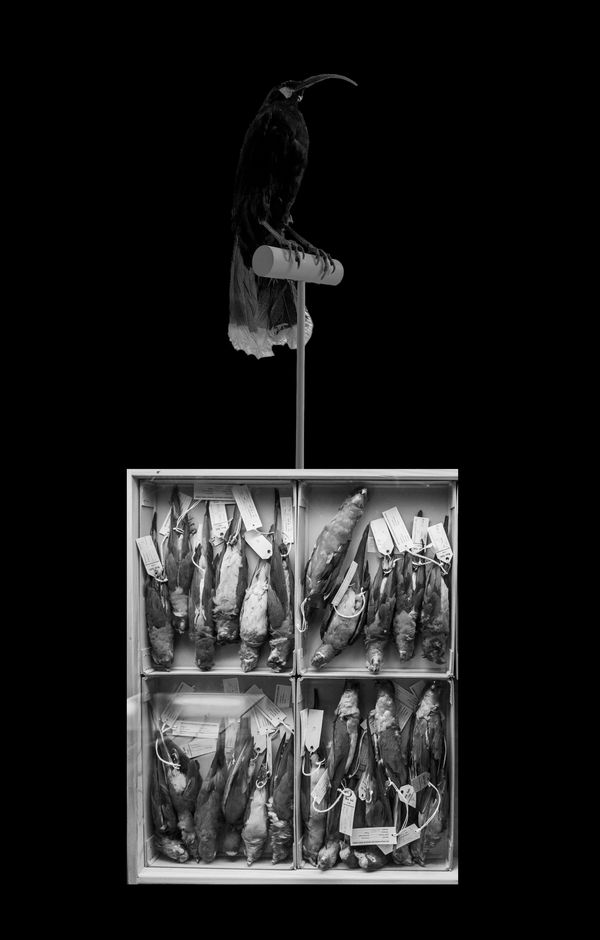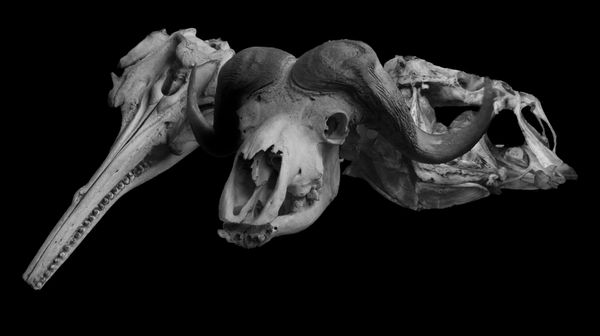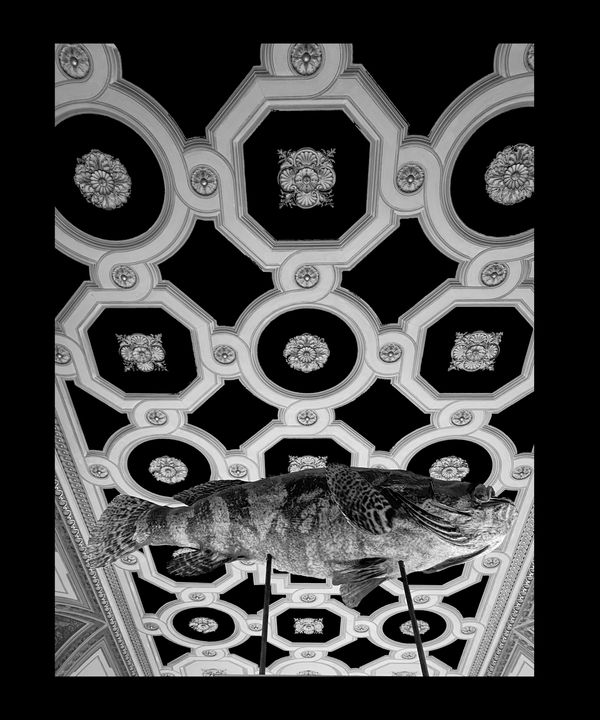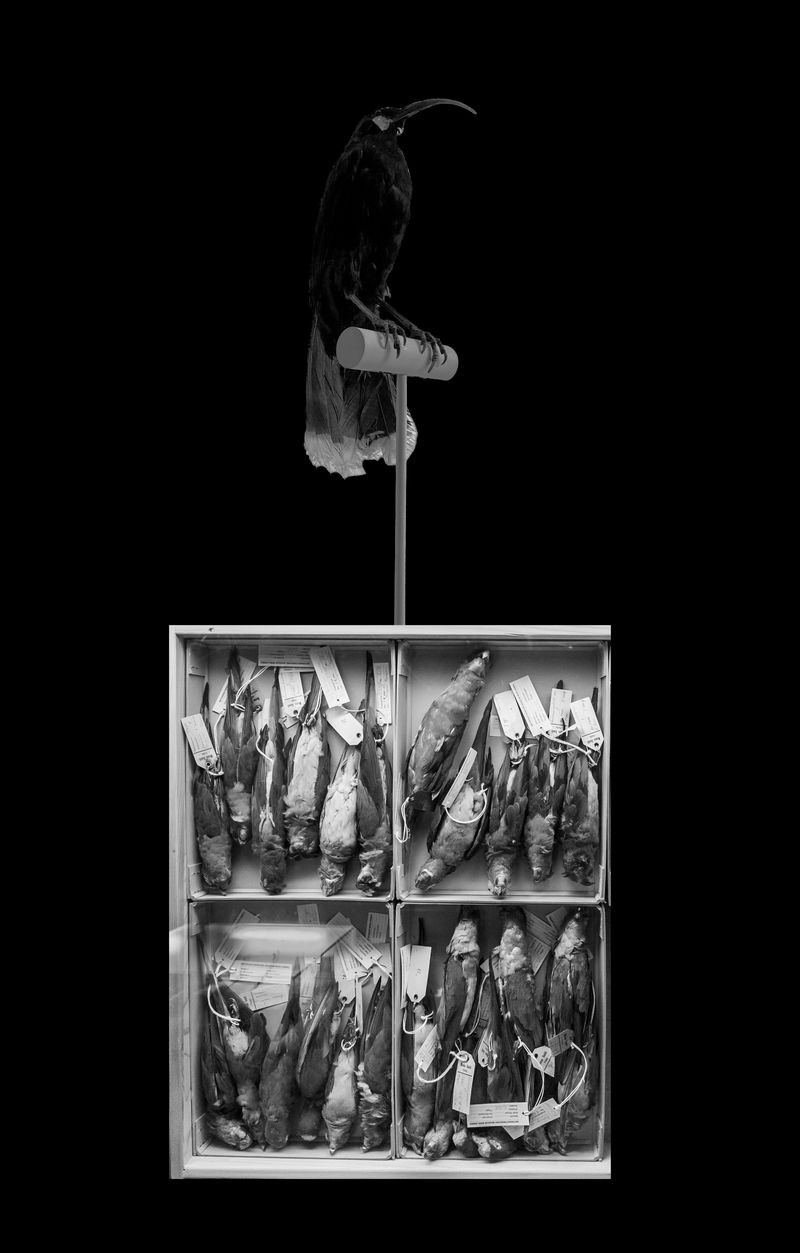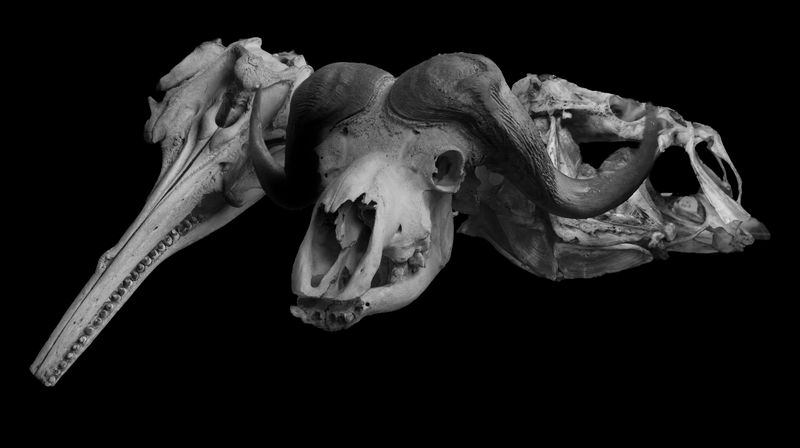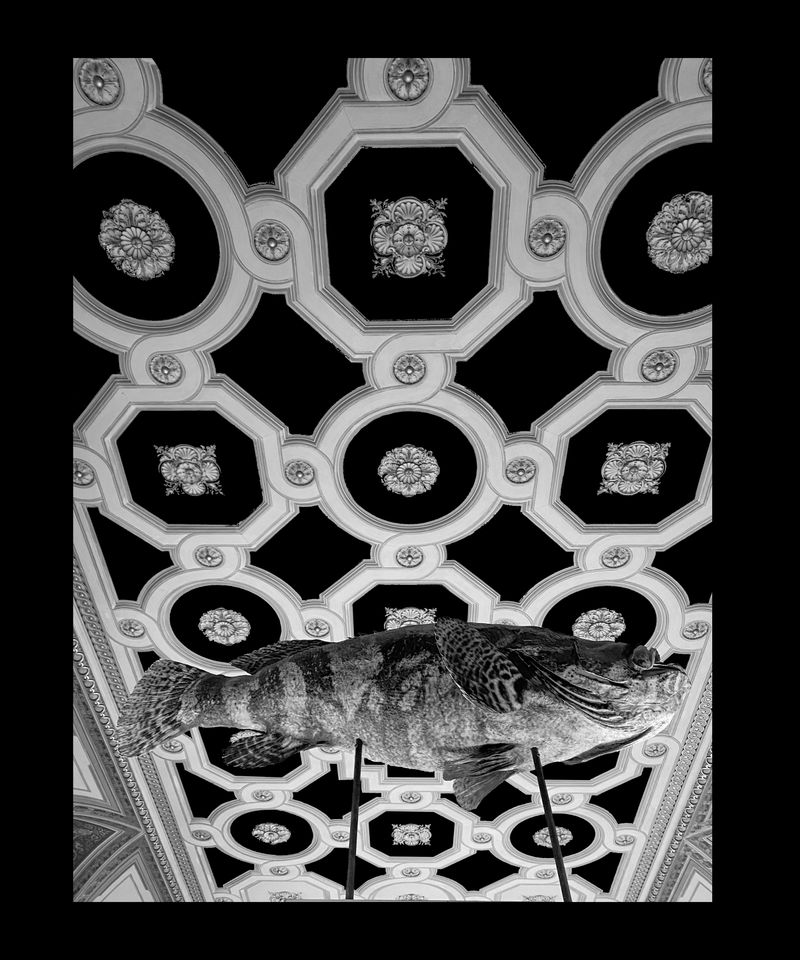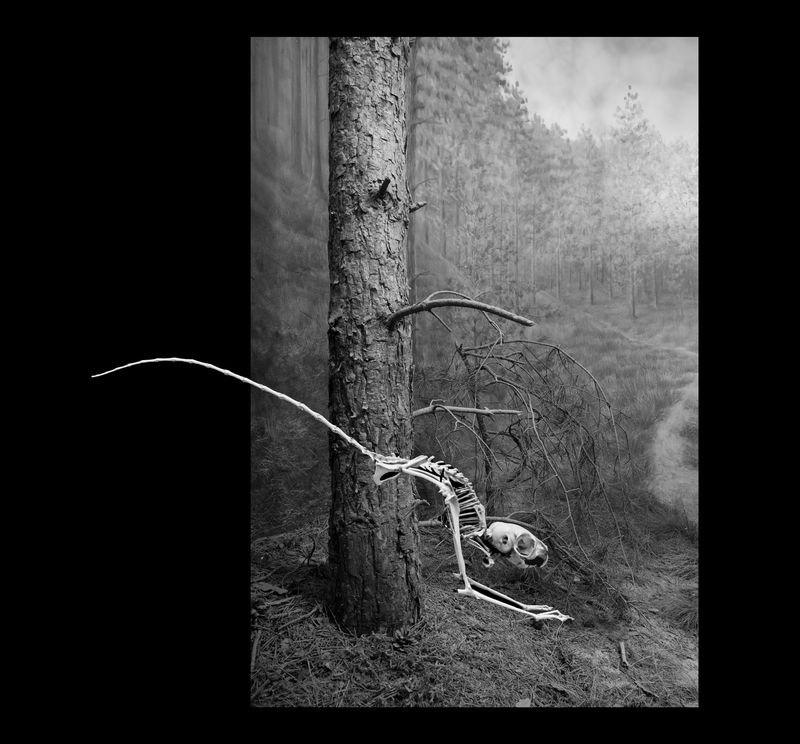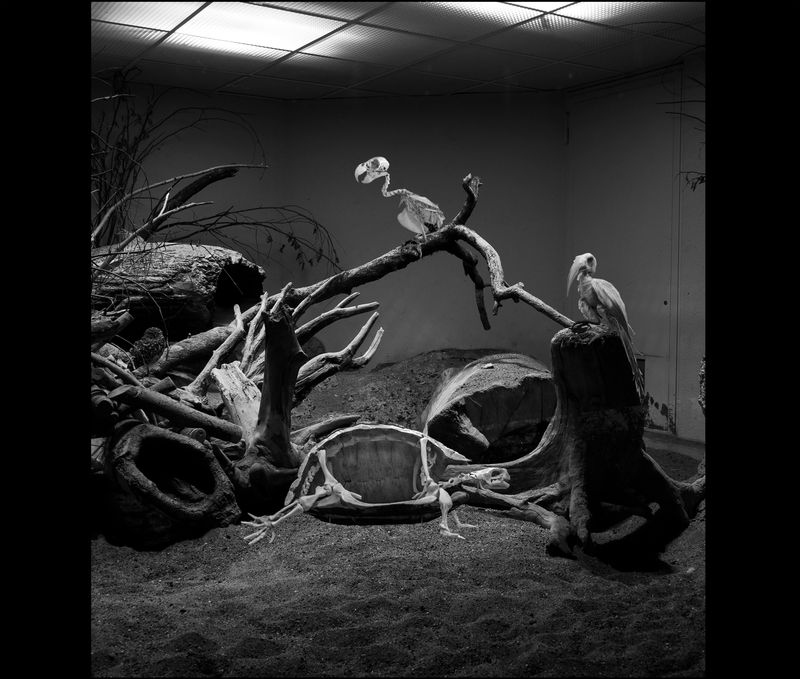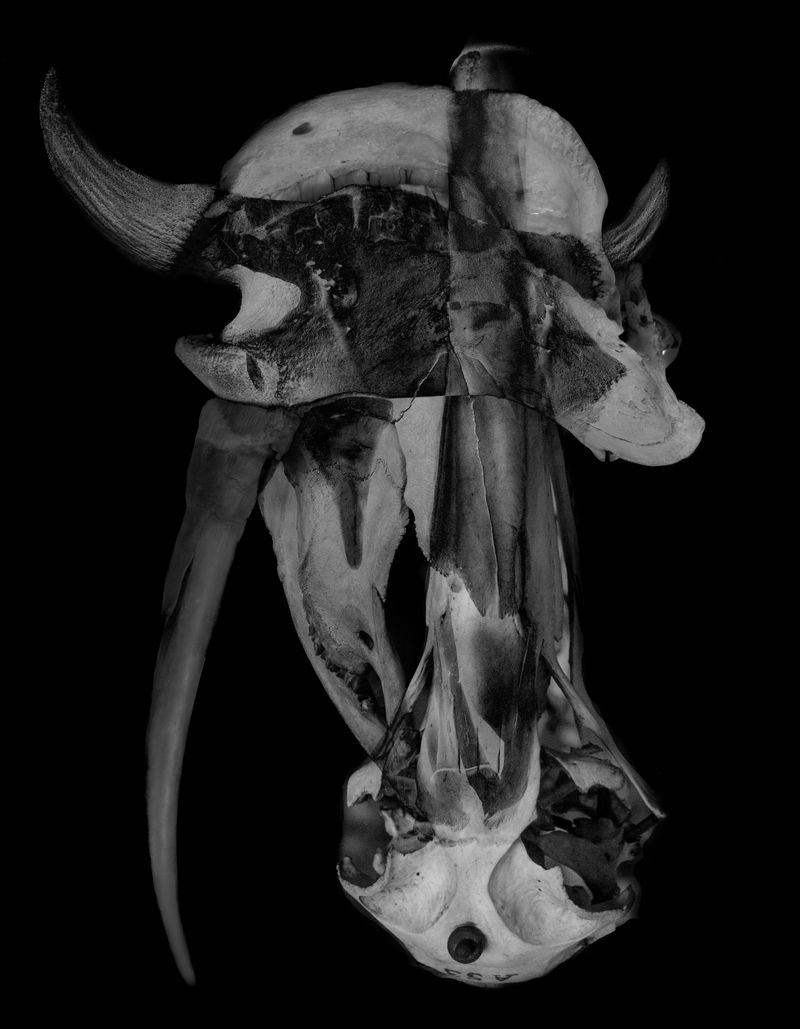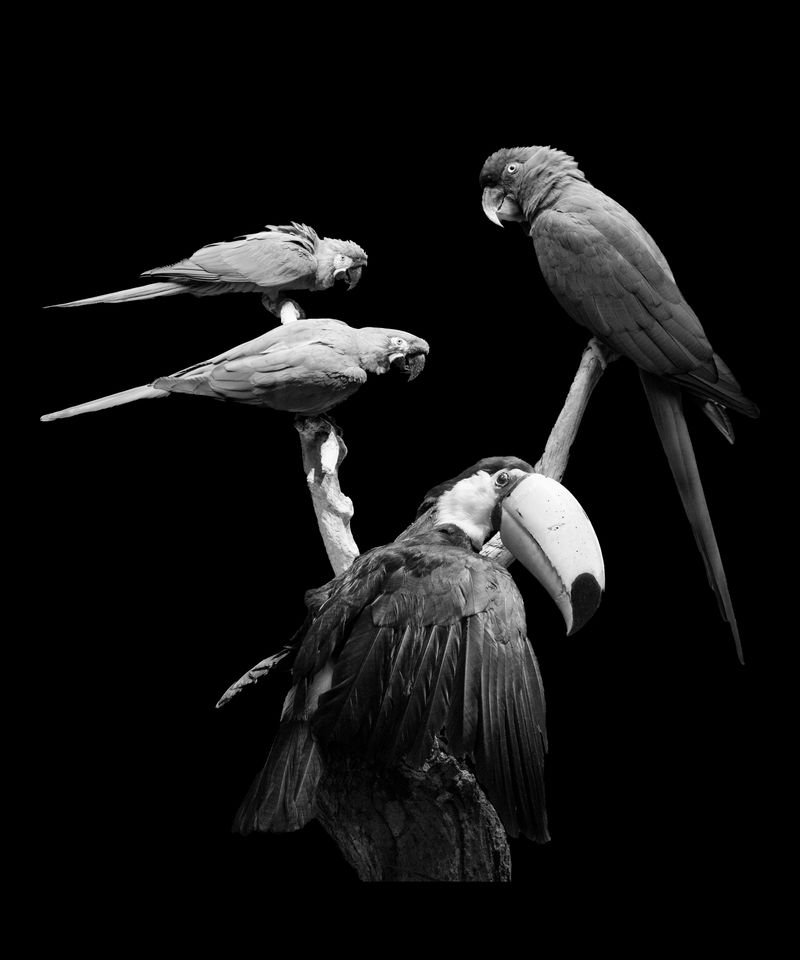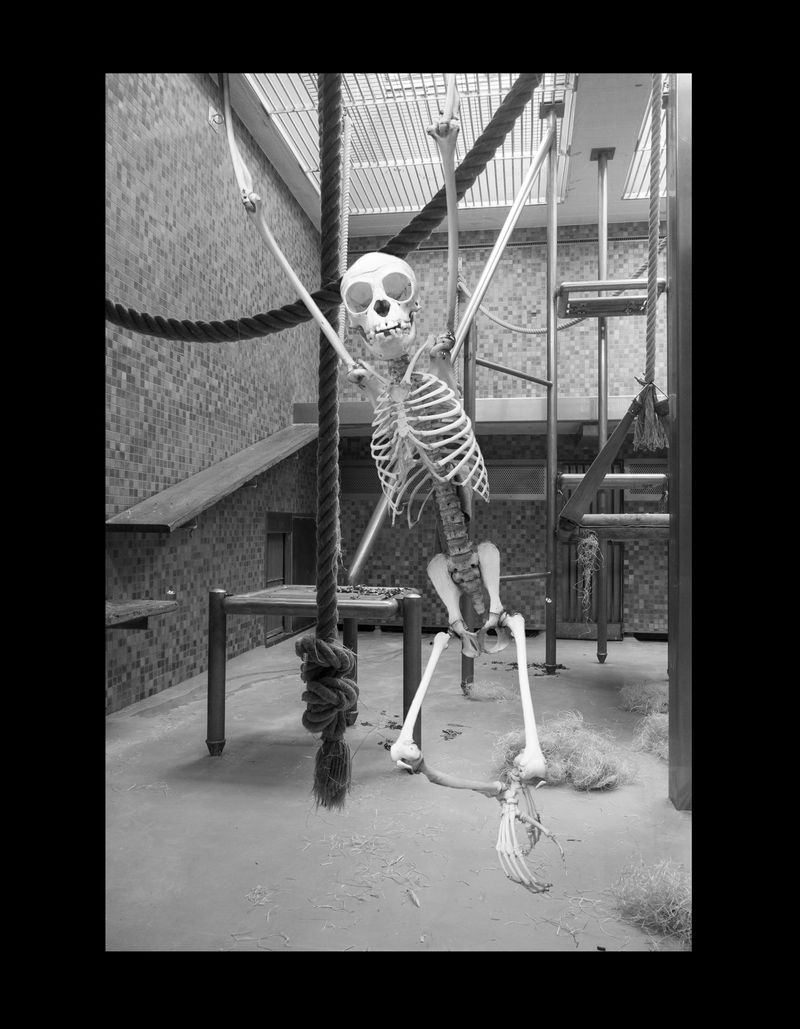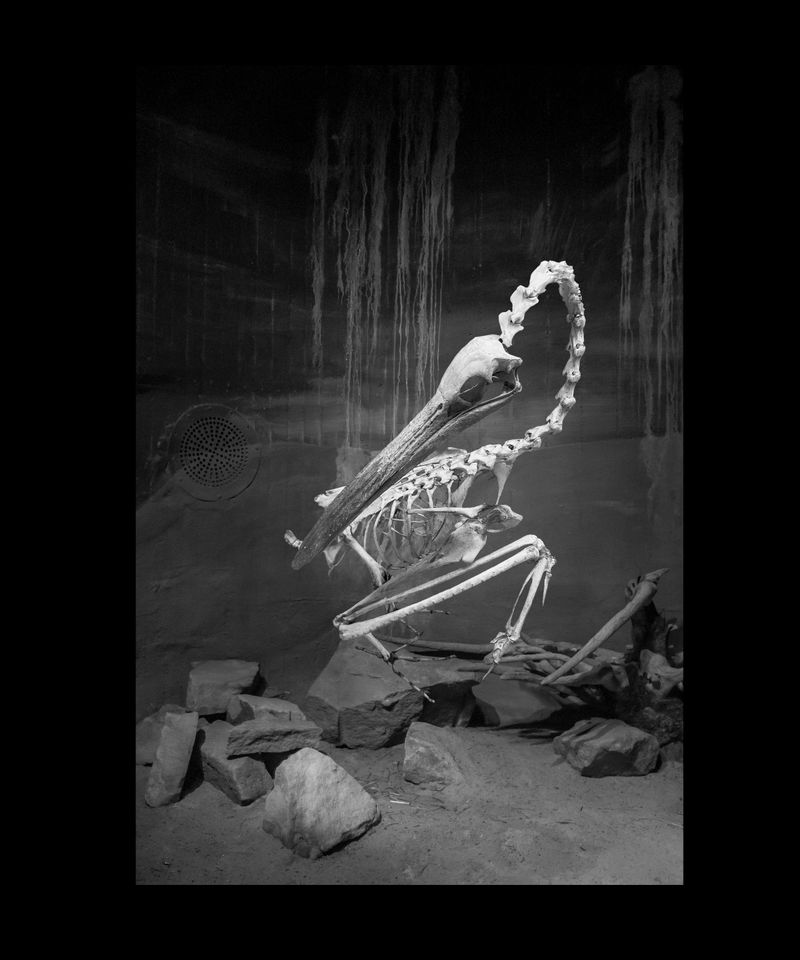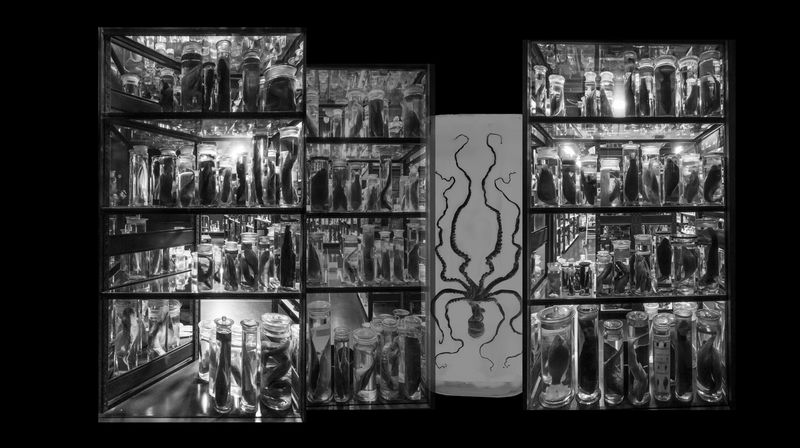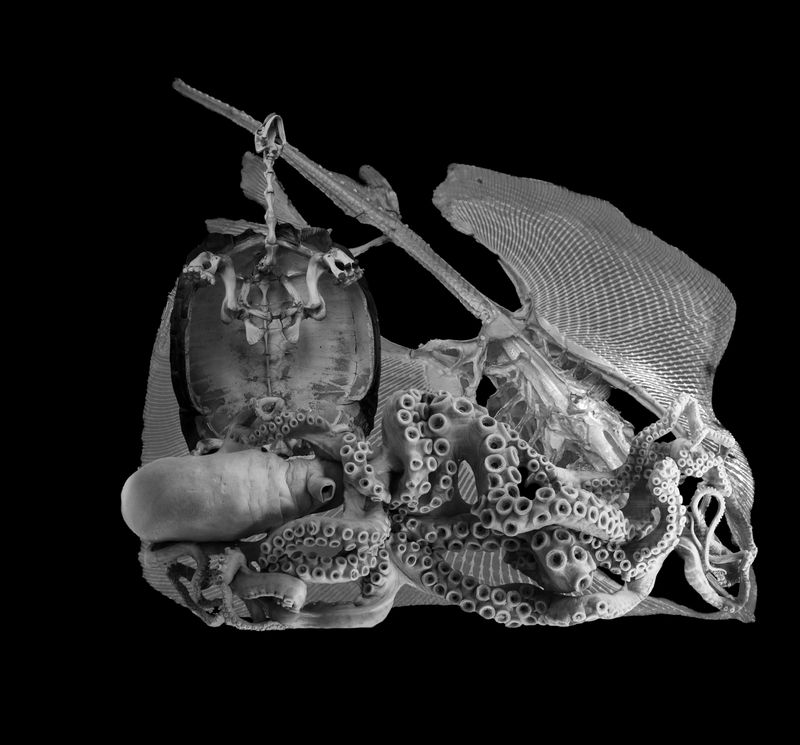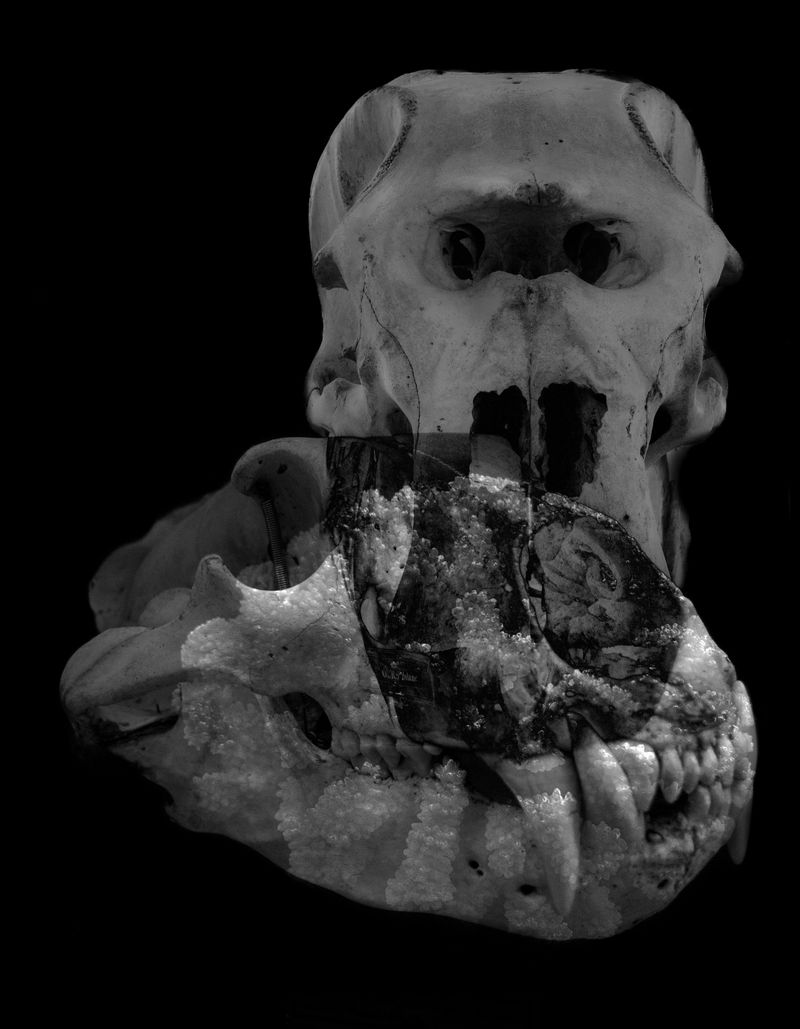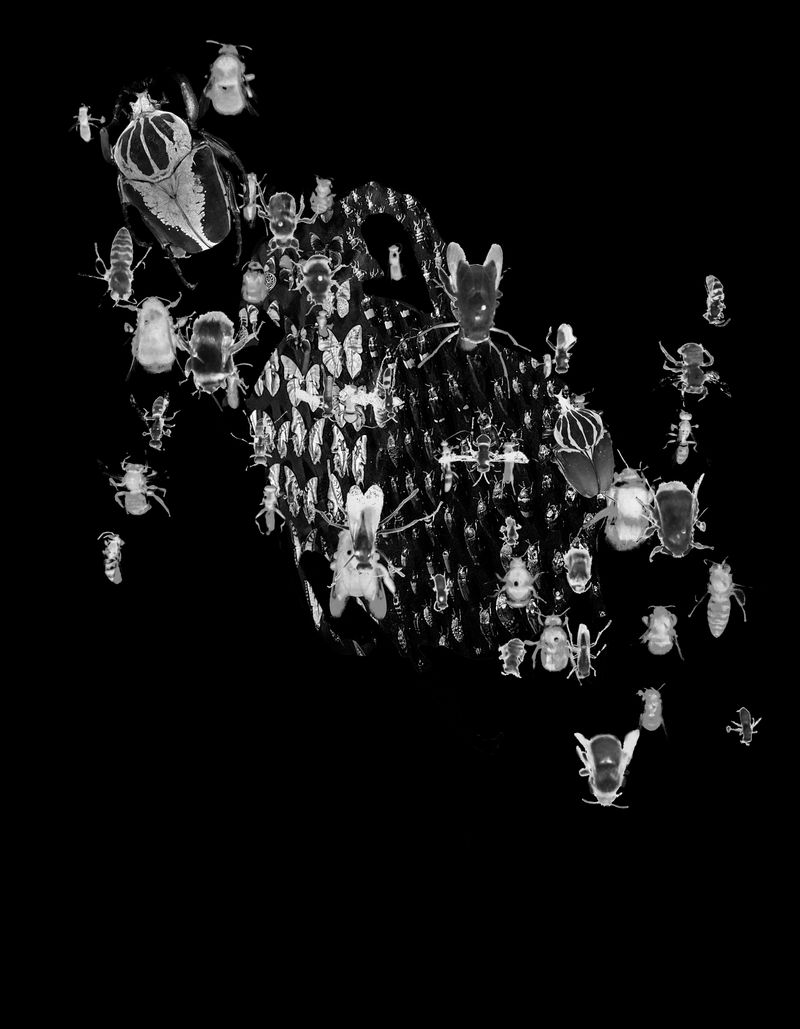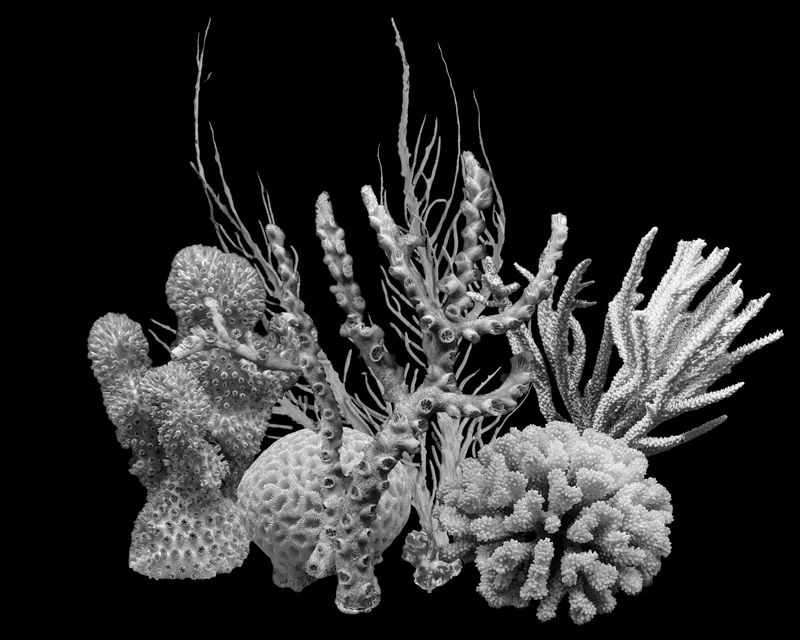Nature Morte
-
Dates2023 - 2024
-
Author
- Location Zürich, Switzerland
We are not only the perpetrators of the sixth mass extinction, we document the decay, archiving in drawers the legacy we have destroyed for bacteria and fungi that will outlive us.
Nature Morte
The loss of biodiversity is mainly due to the destruction of livelihoods by humans.But I can't help but think of all the animals in agriculture, zoos and laboratories that are kept and killed in undignified conditions for human needs. We take the right to deprive other living beings of their rights and dignity, let alone grant them these.
We have developed technologies to see, understand and modify microorganisms and molecules, and every day we discover previously unknown life in the depths of the sea, the earth and the universe.
In order to develop this knowledge and the associated technologies, since the Renaissance (mostly Western) scientists have collected vast amounts of "material", i.e. living creatures on all continents, of all populations and species. Animals of all classes were either exhibited in zoos or preserved in some form after dissection, be it in formaldehyde, stuffed or the skeleton prepared to present them to a wide audience. Only a very small number are exhibited in showcases, while tens of thousands of them are organized and archived like an invisible mass grave in non-public repositories. Of the visible specimens, we often do not know whether the species still exist or is already extinct.
Nowadays, wild animals are still hunted as trophies or mutilated to extract parts of them as elixirs of life. Livestock are overbred for our excessive meat consumption, fed hormones and antibiotics and kept in deplorable living conditions. In science, animal testing is still the norm, even though alternatives have long been available. In addition, pets and zoo animals are deprived of their social environment and kept in habitats that are far too small and artificial for their species.
Our treatment of animals and other living beings is primarily based on the demands of the human species and our attitude is not geared towards their needs.
Furthermore, we are not only destroying their livelihoods, but also our own. Like a last gasp just before collapse, we catch a glimpse of the miracle of existence and experience it in shock.
My visits to natural history museums and zoos are characterized by ambivalent feelings. On the one hand, I admire man's curiosity and thirst for knowledge, on the other hand, my compassion for the weaker existences, i.e. the other living beings, hovers like a ghostly cloud of destruction in these bizarre and macabre spaces.
Beauty and violence are so close to each other that they often manifest themselves simultaneously.
These still life are a testimony to the human condition and at the same time a tribute to all life.
Neither the images nor the text were generated with AI.
